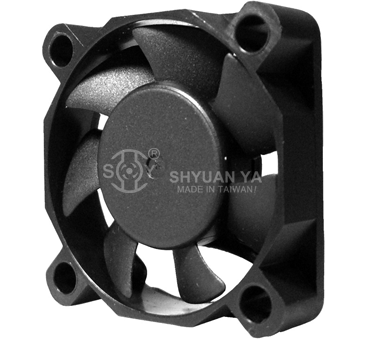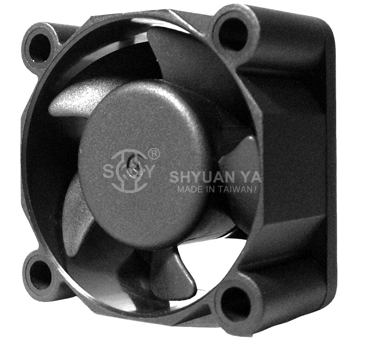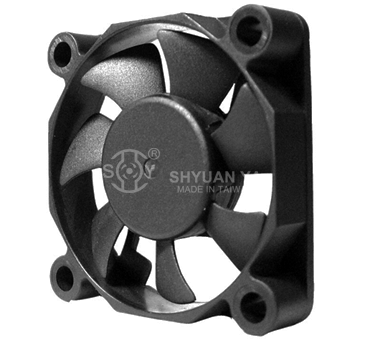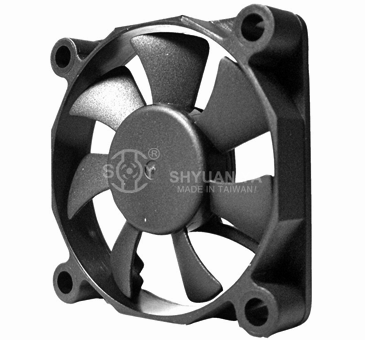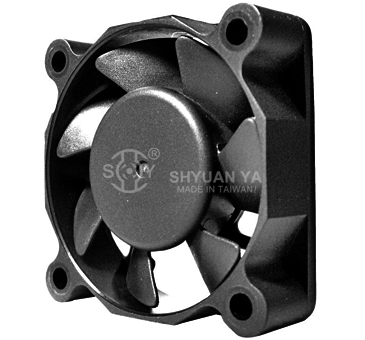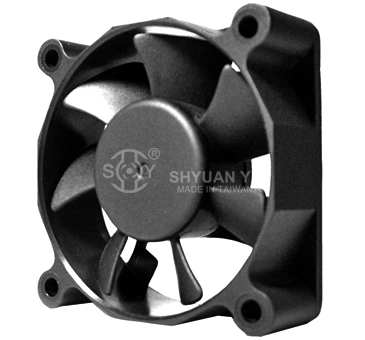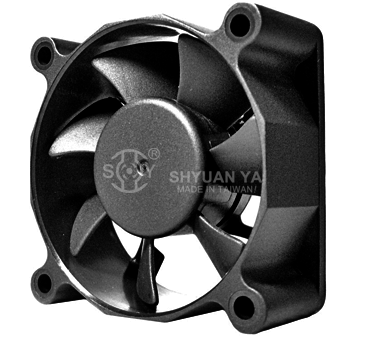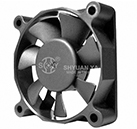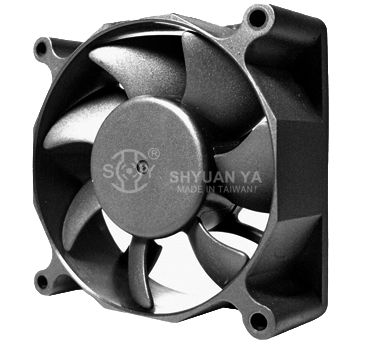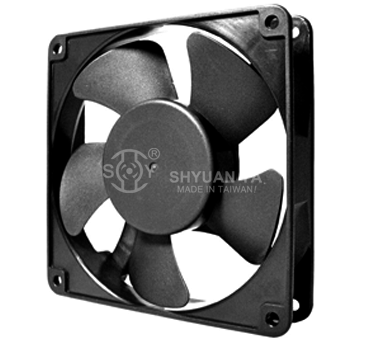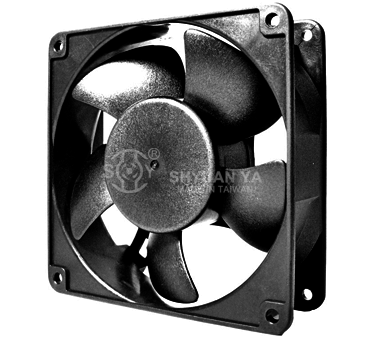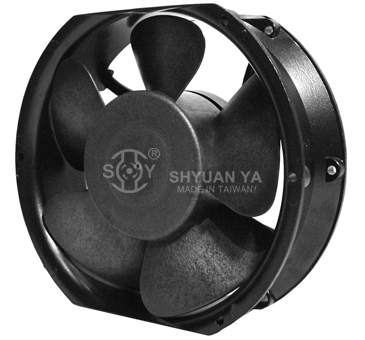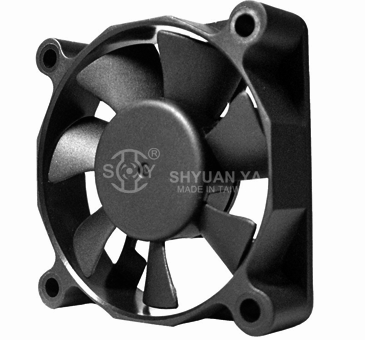What Certifications Should Quality DC Axial Fans Have?
When selecting DC axial fans for industrial, electronics, or HVAC applications, certifications play a critical role in ensuring safety, reliability, and market compliance. Certified fans not only protect your equipment and end-users but also help streamline product approvals for regulated industries and international markets.
Here’s a breakdown of the most important certifications and what they mean for your application:
1. Safety Certifications
Safety certifications verify that a fan meets electrical and fire safety standards, reducing the risk of hazards during operation.
- UL (Underwriters Laboratories – USA):
Demonstrates that the fan meets strict U.S. safety requirements for electrical components and flame resistance. Essential for products sold in North America. - CSA (Canadian Standards Association – Canada):
Similar to UL but specifically recognized for Canadian regulatory compliance. - CE Marking (European Union):
Indicates compliance with EU directives on safety, health, and environmental protection. Required for sales in the European Economic Area (EEA).
Tip: For global products, look for dual-certified fans (e.g., UL + CE) to simplify international distribution.
2. Environmental Compliance
Environmental certifications focus on the materials and substances used in manufacturing the fan.
This ensures compliance with modern environmental and sustainability regulations.
- RoHS (Restriction of Hazardous Substances):
Confirms the fan is free from hazardous materials such as lead, mercury, cadmium, and hexavalent chromium.- Why it matters: Critical for electronics and green manufacturing initiatives.
- REACH (Registration, Evaluation, Authorization, and Restriction of Chemicals – EU):
Ensures the fan’s materials comply with EU chemical safety regulations, preventing harmful substances from entering the supply chain.
Note: Many global customers, especially in electronics and renewable energy sectors, now require both RoHS and REACH compliance for procurement.
3. Ingress Protection (IP) Ratings
For fans used in dusty, humid, or outdoor environments, IP-rated protection is essential to prevent contamination and damage.
- Example Ratings:
- IP54: Protects against limited dust ingress and water spray.
- IP55: Enhanced protection against dust and low-pressure water jets.
- IP67: Full dust-tight protection and immersion resistance.
Recommendation: Select the appropriate IP rating based on your operating environment to maximize fan lifespan and reliability.
4. Industry-Specific Standards
Certain industries may have additional regulatory requirements:
- Telecommunications: NEBS compliance or equivalent safety and environmental standards.
- Medical Devices: IEC 60601 certification for patient safety and electrical isolation.
- Renewable Energy: UL 1004 or other motor-specific certifications to meet energy sector standards.
Why Certifications Matter
Choosing a certified fan helps you:
- Protect your equipment from premature failure due to non-compliant components.
- Meet regulatory requirements for international markets.
- Simplify product approvals, reducing time to market.
- Build trust with customers who demand high-quality, verified solutions.
Using uncertified fans can lead to regulatory violations, equipment recalls, or costly redesigns — risks that can be avoided by selecting the right certified products from the start.
Get Help with Certification Requirements
Navigating global certification standards can be complex. Our team can:
- Guide you through regional certification needs.
- Provide documentation and test reports for regulatory approval.
- Recommend the right fan models for your target market and application.
👉Contact us today to request compliance documentation or speak with an expert about selecting certified DC axial fans for your project.


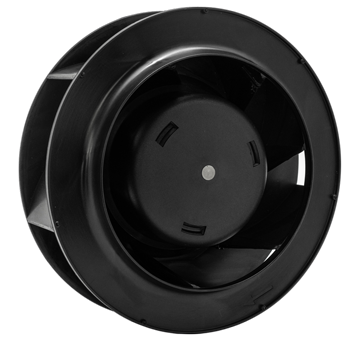
.png)
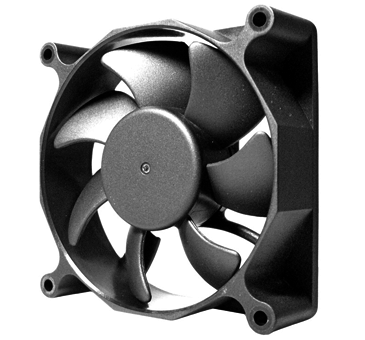
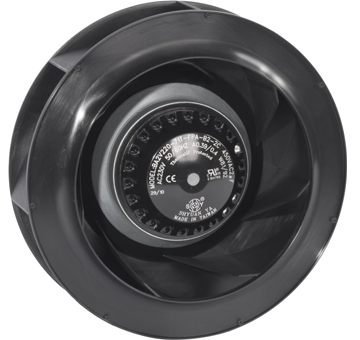
.jpg)
